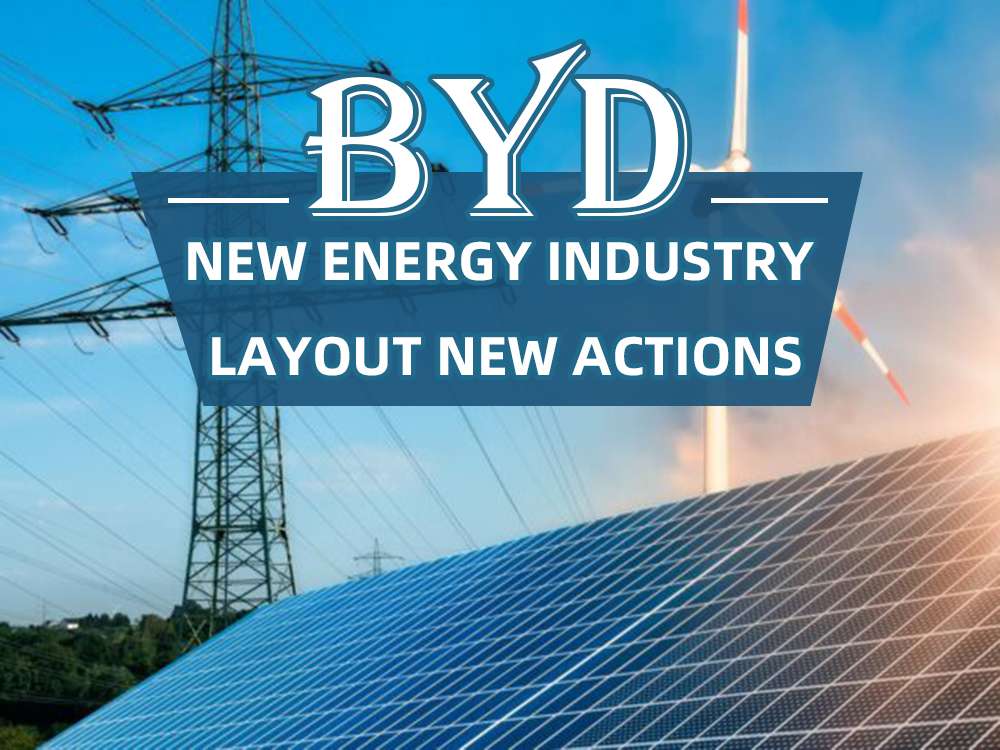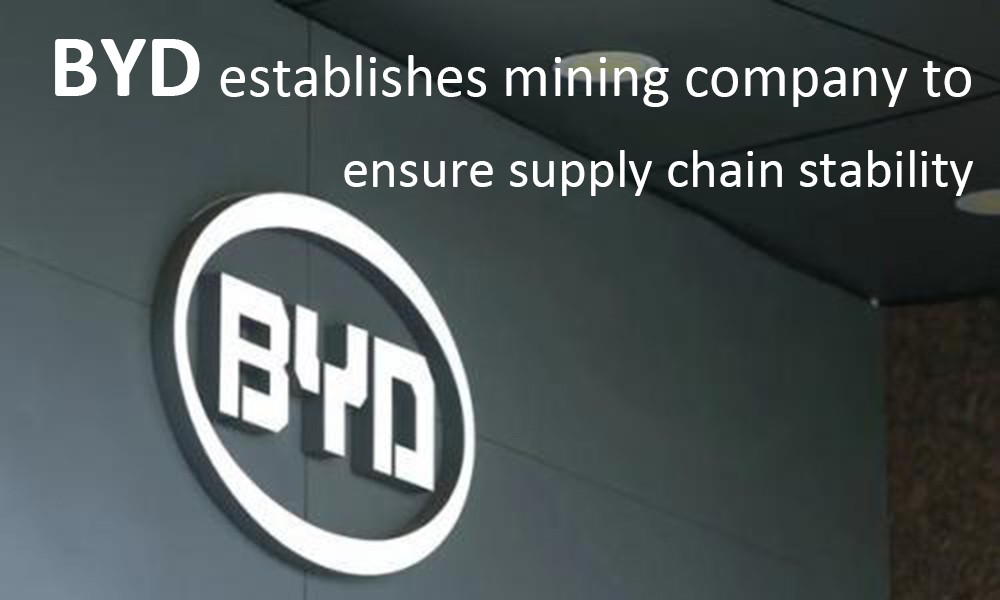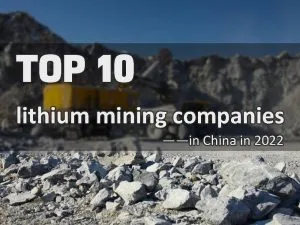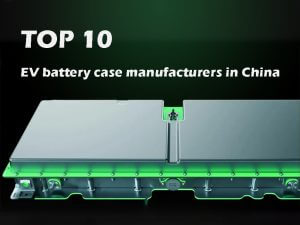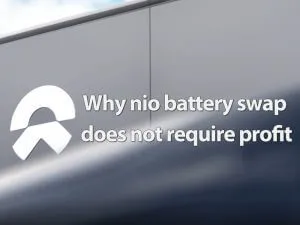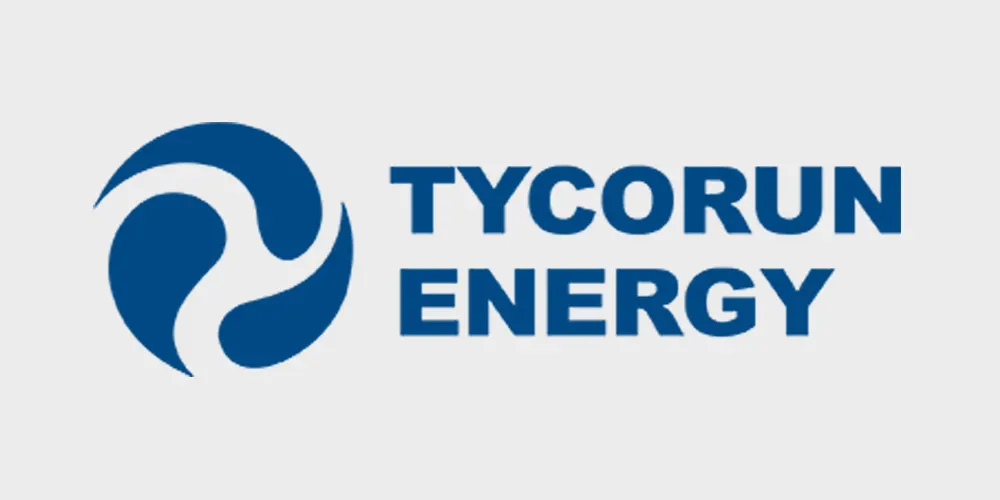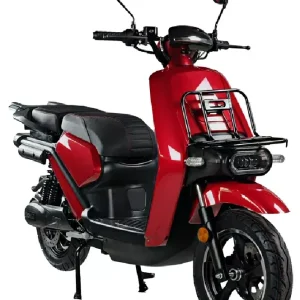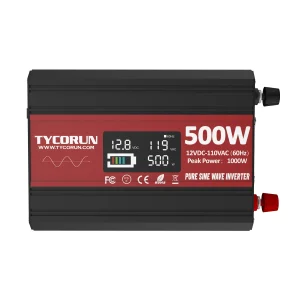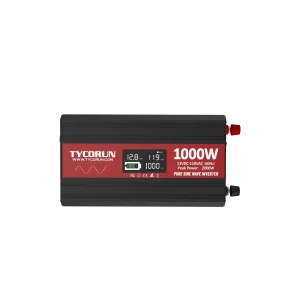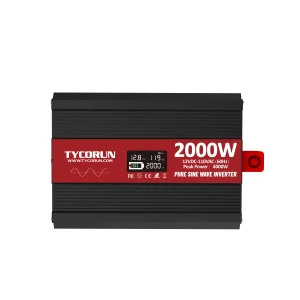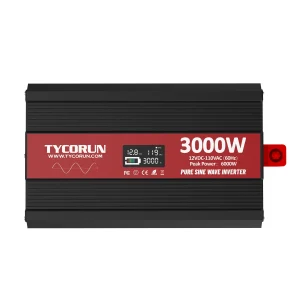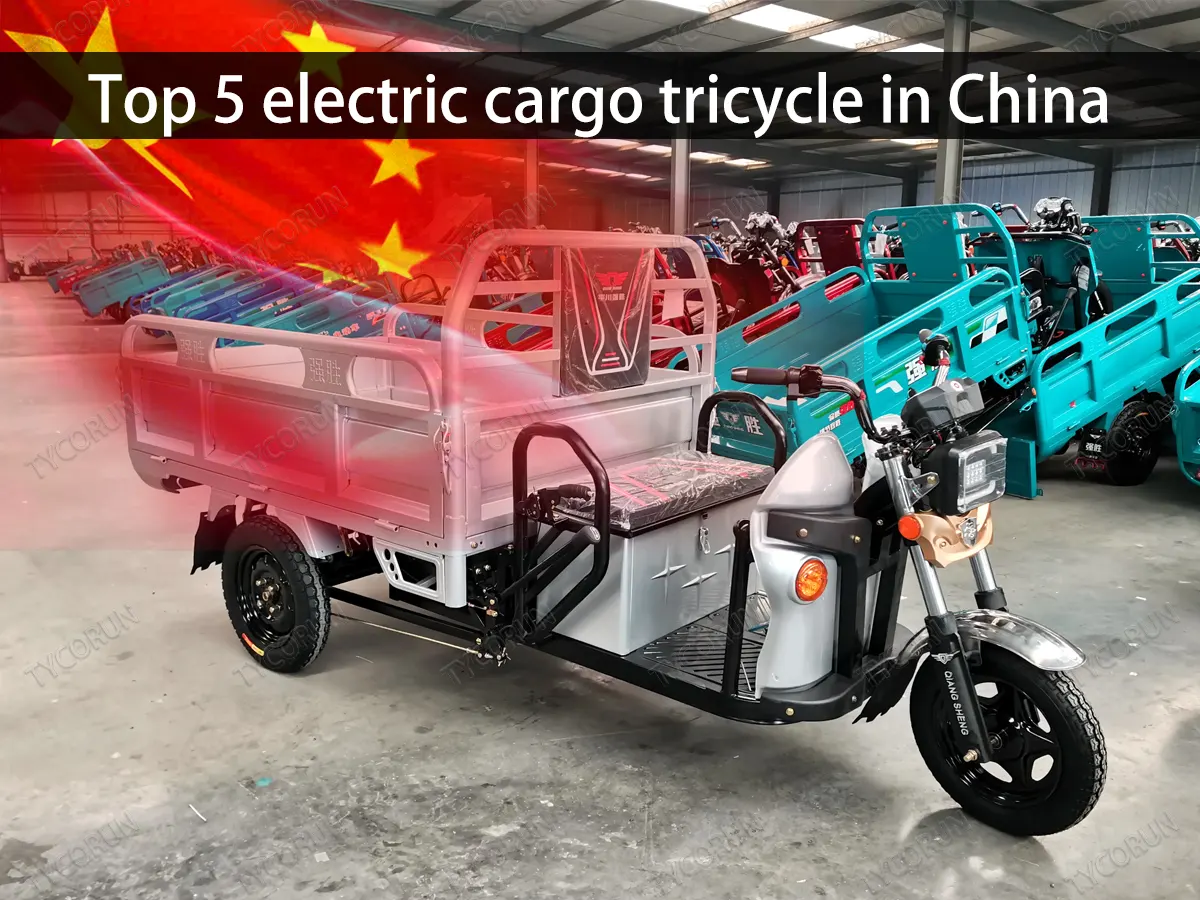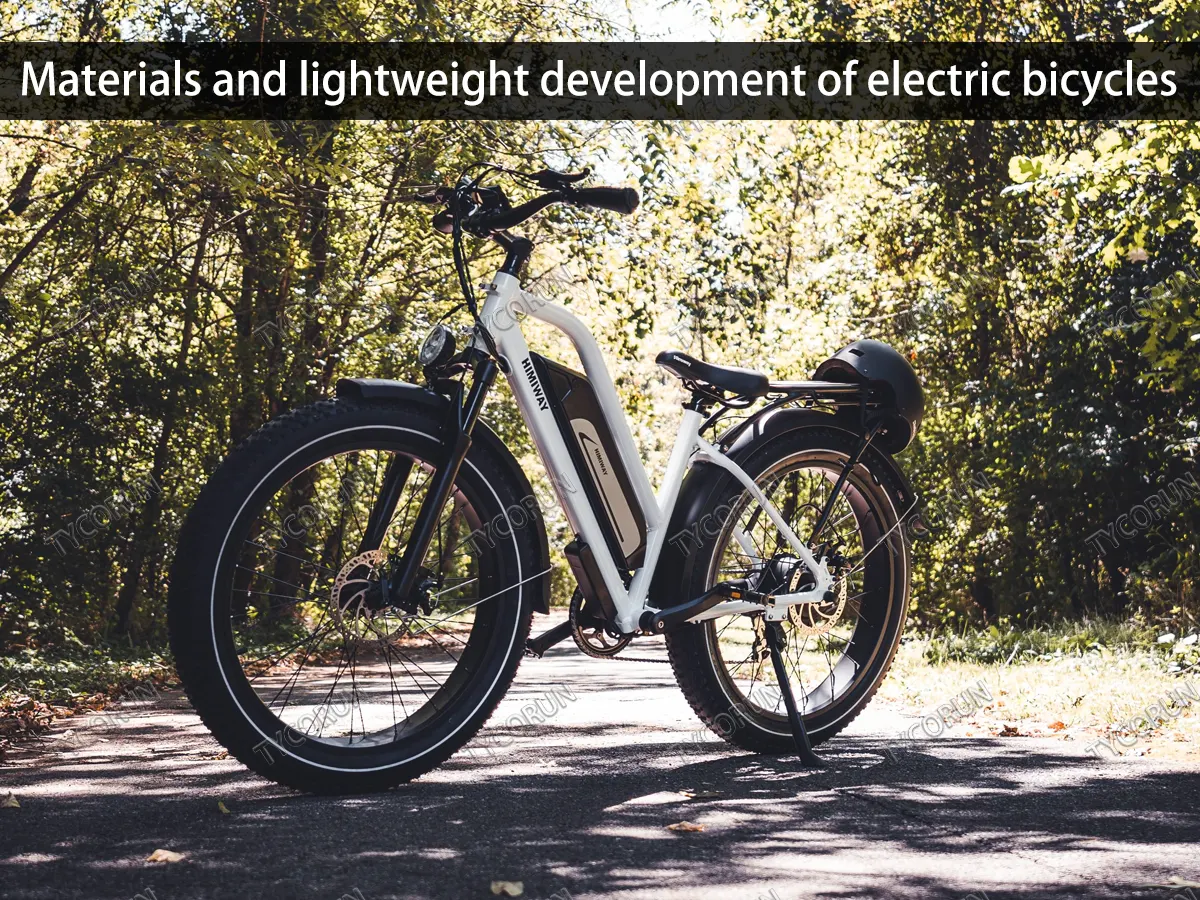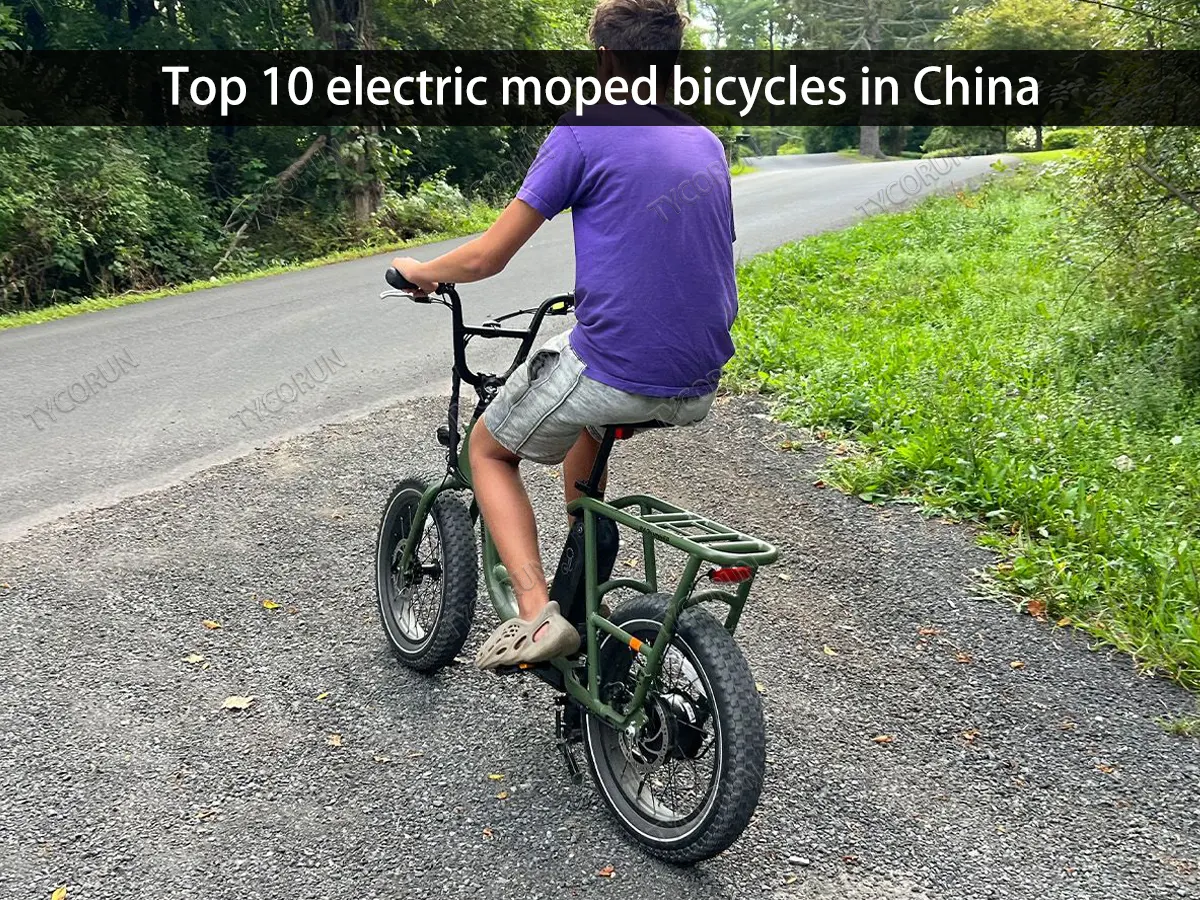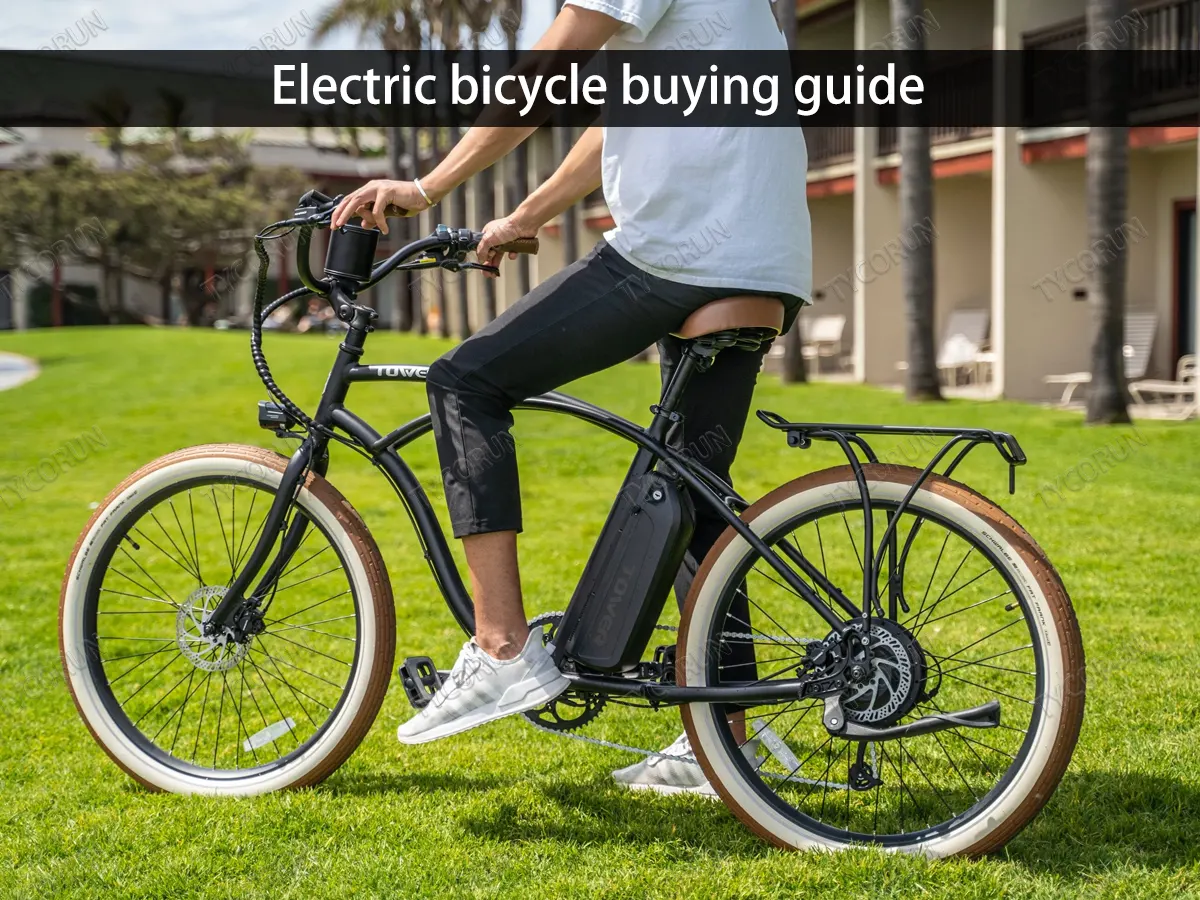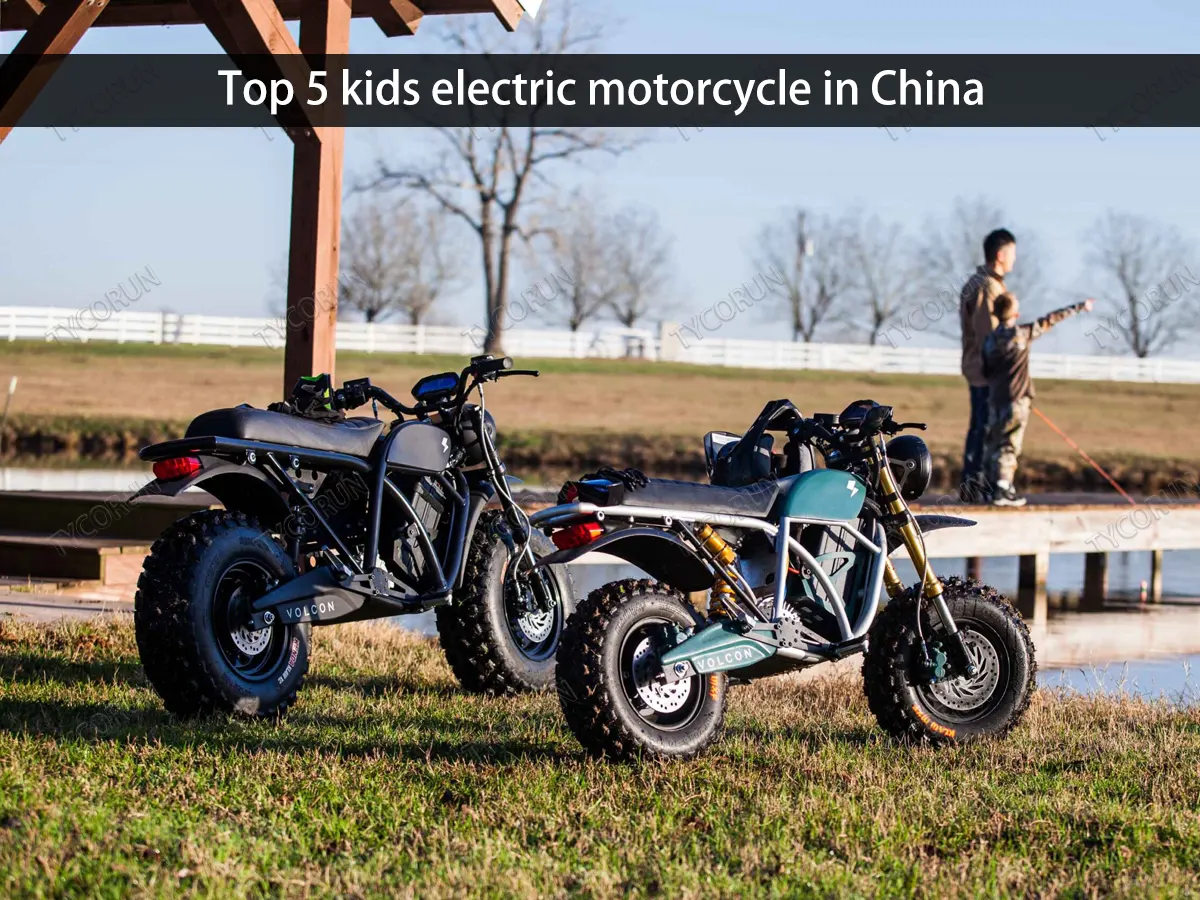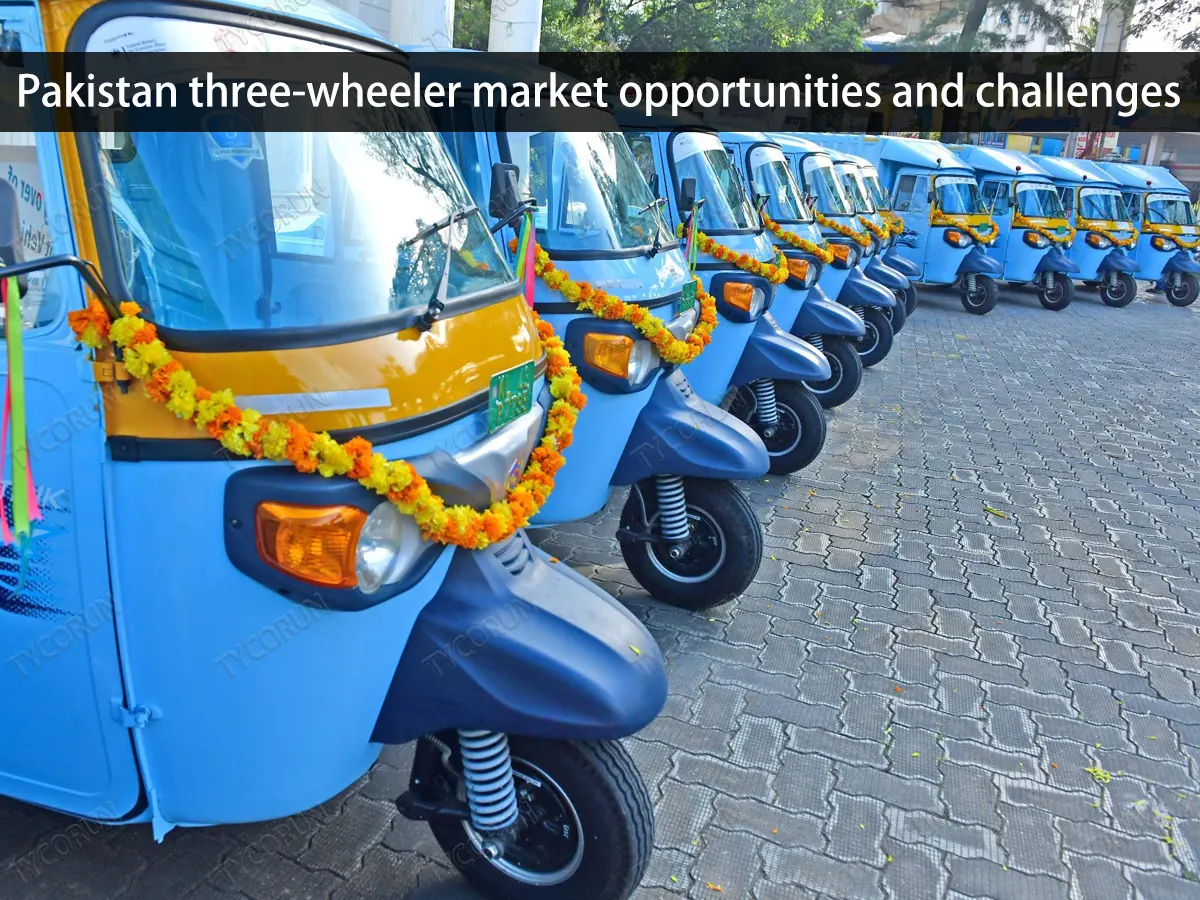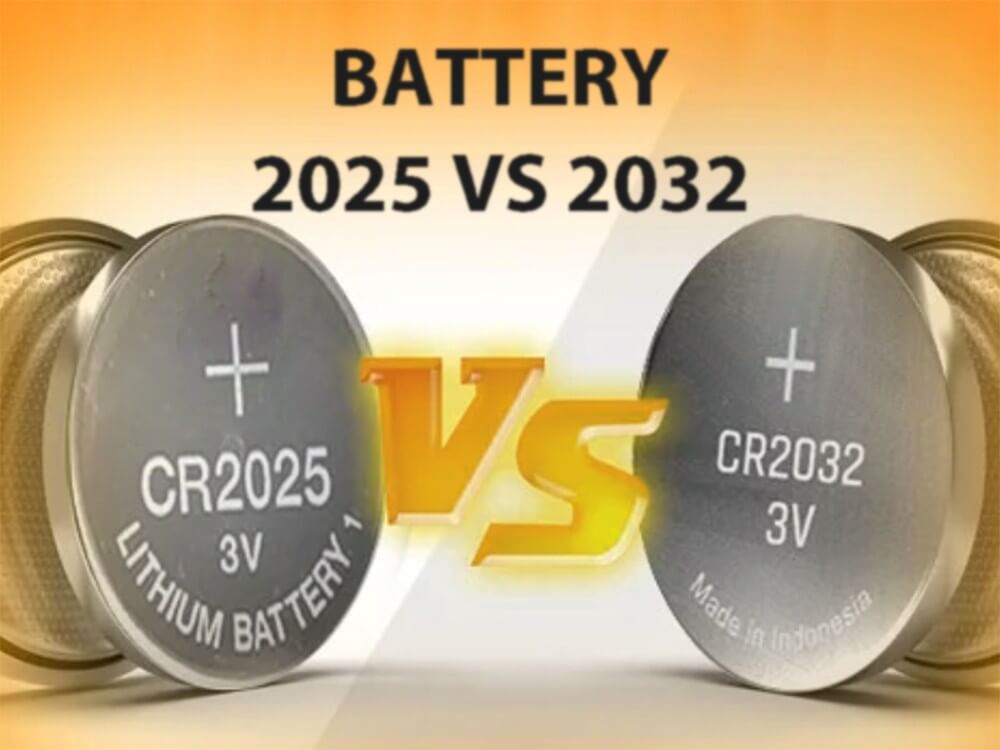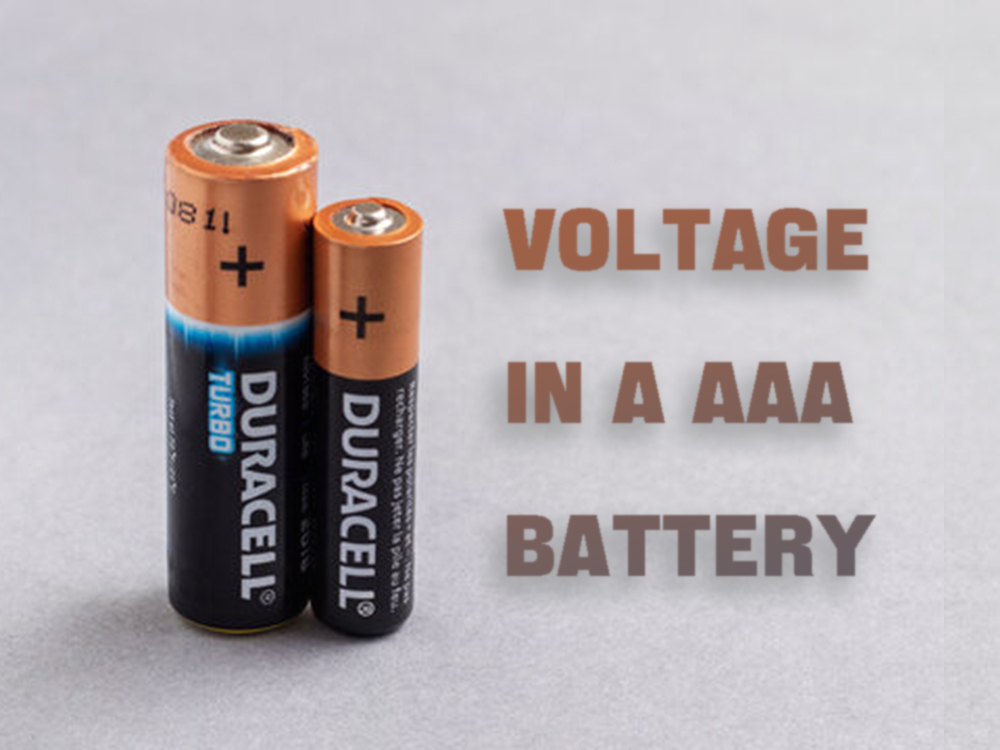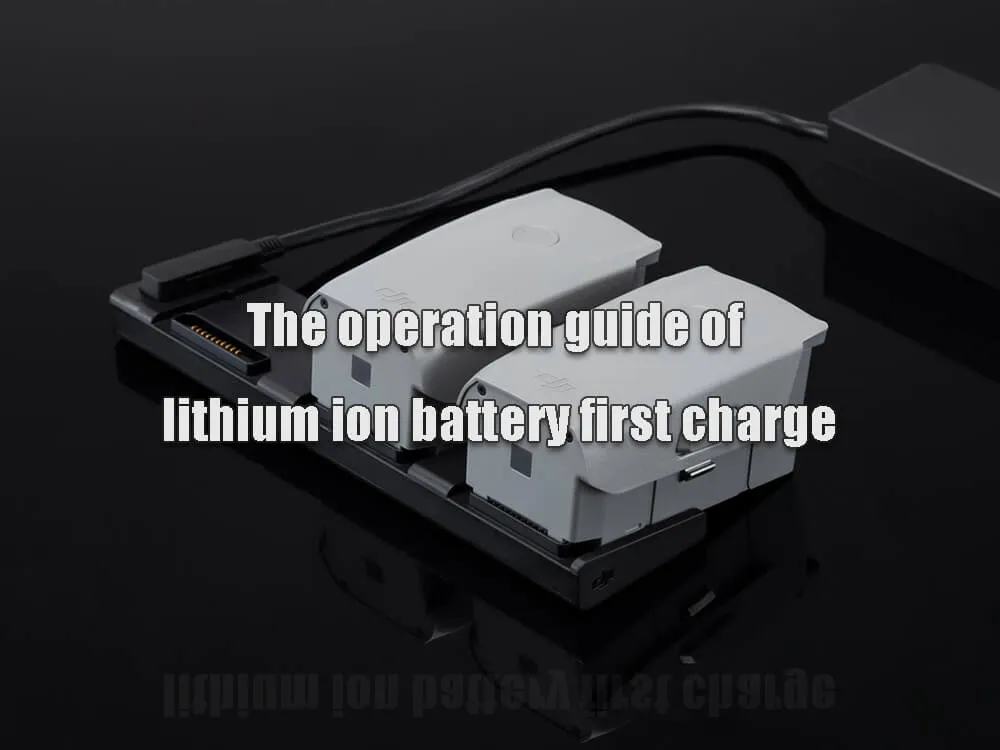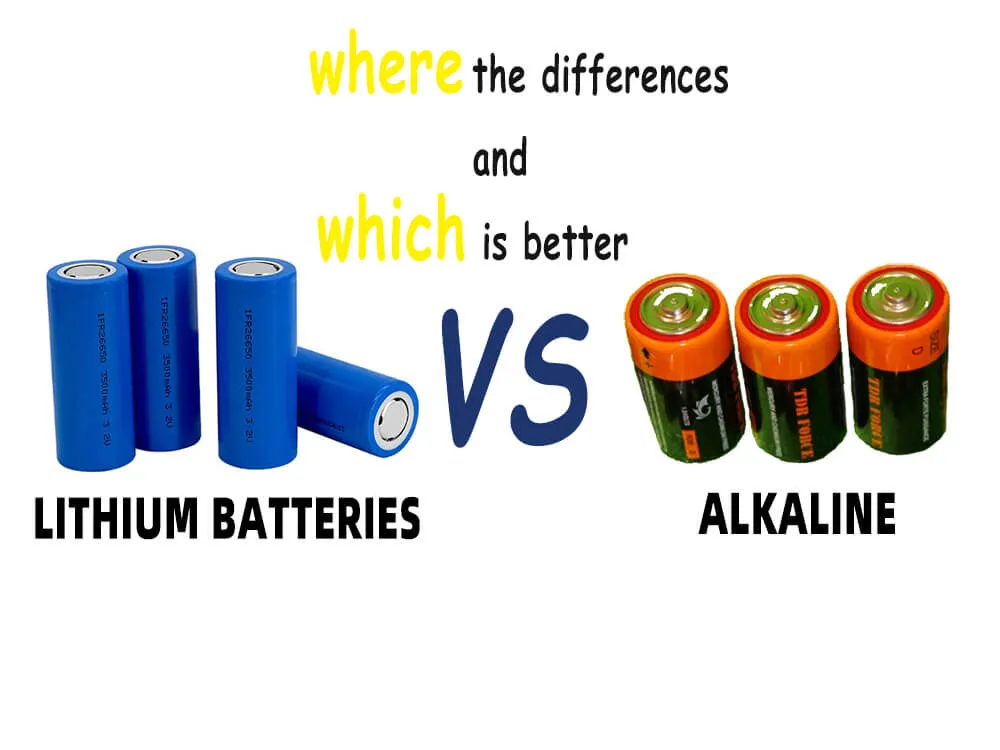BYD new energy industry layout new actions
BYD controls lithium ore resources
There are two aspects in BYD’s control of lithium resources. One is to open up channels for lithium mining. According to relevant information, on September 21, Yichun BYD Mining Co., Ltd. (hereinafter referred to as “Yichun BYD Mining”) was established.
The registered capital is 2 billion RMB, and its business scope includes: mining of non-coal mine mineral resources; sales of non-metallic ores and products; research and development of resource recycling technology; new material technology promotion services, etc.

According to the agreement, BYD plans to invest 28.5 billion RMB in Yichun to build a comprehensive development and utilization production base project with an annual output of 30GWh of power batteries and an annual output of 100,000 tons of battery-grade lithium carbonate and ceramic soil (including lithium). Then, on August 24, Yichun Fudi Battery Company was formally established.
Now, with the establishment of a mining company and a combination of punches, BYD’s main business segments in Yichun have basically been opened up. As the “Asian Lithium Capital”, Yichun currently has a total of 157 lithium battery companies in operation. In addition to BYD, two global leading battery companies in lithium top 100, CATL and Guoxuan Hi-Tech, have settled in Yichun;
Material companies such as Nanshi Lithium Battery, Silver Lithium New Energy, Yongxing New Materials, and Feiyu New Energy have also deployed lithium carbonate projects in Yichun. On the other hand, it is to ensure the stability of the supply chain. Since the beginning of this year, BYD has accelerated the expansion of lithium resources investment layout. BYD’s foreign investment in lithium resources is as follows:
1. Shengxin Lithium Energy
In March this year, BYD invested in Shengxin Lithium Energy (investment amount between 2 billion and 3 billion), holding more than 5% of the latter’s shares, and the two parties agreed to establish a long-term strategic partnership.
On May 18, BYD announced that the estimated amount of daily connected transactions in 2022 for the company and its holding subsidiaries to purchase and commission lithium products from Shengxin Lithium Energy is RMB 4 billion.
According to relevant media statistics, Shengxin Lithium Energy owns 75% of Sichuan Yelonggou Lithium Mine, 75% of Sunhekou Lithium Polymetallic Mine, 25.19% of Sichuan Murong Lithium Mine, and 51% of Zimbabwe’s Sabixing Lithium-Tantalum Mine. Argentina SDLA Salt Lake (operating rights), MtCattlin and Manono underwriting rights.
2. Salt Lake Shares
On June 21, 2016, Salt Lake Co., Ltd. announced the establishment of Qinghai Salt Lake BYD Resources Development Co., Ltd. with BYD and Shenzhen Zhuoyucheng Investment Co., Ltd. (Salt Lake Co., Ltd. holds 49.5%, BYD holds 49%, and Zhuoyucheng Investment holds shares. 2.5%), and started the construction of a battery-grade lithium carbonate project with an annual output of 30,000 tons, with a total investment of 4.849 billion RMB.
But 6 years later, so far the project has not produced lithium salt. In mid-May this year, Salt Lake shares disclosed the progress, saying that the project is still in the pilot stage and has not been officially launched.
Salt Lake shares hold a 51.42% stake in Lanke Lithium, which is a lithium extraction producer from China’s largest salt lake, Chaerhan Salt Lake (West Mining Area). As of the end of last year, Salt Lake’s lithium carbonate production capacity was 30,000 tons, and a total of 19,200 tons of lithium carbonate were sold that year.
3. Tibet Mining
In 2010, BYD took a stake in Tibet Zabuye Lithium, a subsidiary of Tibet Mining Holdings (holding 18%). Tibet Mining holds a 51% stake in Tibet Zabuye Salt Lake, the largest salt lake lithium mine in China. The current reserves are 1.84 million tons, and the annual production capacity of lithium carbonate concentrate is about 5,000 tons.
4. Rongjie shares
Lv Xiangyang, vice chairman and third largest shareholder of BYD, serves as the actual controller, chairman and president of Rongjie. Last year, Rongjie Co., Ltd. sold lithium salt products with a total amount of about 180 million RMB to BYD. Recently, Chengdu Rongjie Lithium Industry and BYD Supply Chain signed a lithium carbonate supply cooperation agreement.
Rongda Lithium, a subsidiary of Rongjie Co., Ltd., owns the overall mining rights of the world-class resource Meika No. 134 vein, and is the only large-scale mine producing spodumene that has entered the supply channel in China; its subsidiary Changhe Huali’s battery-grade carbonate The lithium production capacity is 3000 tons/year, and the lithium hydroxide production capacity is 1800 tons/year.
It is worth mentioning that in early June, it was reported that BYD had found 6 lithium mines in Africa, and all of them have reached acquisition intentions. In response, BYD declined to comment.
Build Guangxi new energy industry base again
Relevant information shows that recently, the former Nanning Xiaozhongzheng Commercial Secretary Co., Ltd. has undergone industrial and commercial changes, the original shareholders have all withdrawn, and the new wholly-owned shareholder BYD Auto Industry Co., Ltd. (hereinafter referred to as “BYD Auto”).
At the same time, the company name was changed to BYD (Guangxi) New Energy Co., Ltd. The information shows that the company was established in 2020 and is located in Nanning City, Guangxi Zhuang Autonomous Region. It is an enterprise mainly engaged in technology promotion and application services.
At present, BYD (Guangxi) New Energy has been 100% controlled by BYD Auto, the registered capital has increased from 300,000 RMB to 100 million RMB, and the corporate address has changed at the same time. The business scope includes new energy vehicle sales, battery manufacturing, charging pile sales, new energy vehicle battery swap facility sales, motor vehicle charging sales, and centralized fast charging stations.
BYD Auto is a subsidiary of BYD Holdings (96.7866% of the shares are held, and the other 3.2134% is held by BYD (H.K.) CO., LIMITED, a Hong Kong-based company). So far, BYD’s new energy industry layout in Guangxi has basically been clear, and the industrial layout has taken shape.
New energy industry map in Guangxi
Since April this year, after BYD settled in Nanning, Guangxi, it has settled down quite quickly. On April 1, it was reported that BYD’s annual output of 45GWh power battery and energy storage system is planned to be settled in Lingli Industrial Park, Qingxiu District, Nanning City, with a total investment of about 14 billion RMB.
On April 8, Guangxi Fudi Battery Co., Ltd. (referred to as “Guangxi Fudi”) was formally established with the legal representative of He Long and the registered capital of RMB 50 million. The business scope includes battery manufacturing, battery sales, recycling and cascade utilization of waste power batteries for new energy vehicles, and energy storage technology services.
On April 29, Guangxi Fudi acquired 1,301 mu of land in Lingli Industrial Park, as the first phase of Guangxi Fudi’s 45GWh power battery project, and the construction will start immediately. On the same day, BYD and Nanning Production and Investment Group signed a 10GWh power battery expansion project agreement.
On May 17, Nanning Yongzhou Fudi Battery Co., Ltd. was established, with the legal representative He Long and the registered capital of 50 million RMB. The business scope includes: battery manufacturing; graphite and carbon product manufacturing; electronic special material manufacturing; smart home consumer equipment manufacturing, etc.
In July, BYD established three new companies: Nanning BYD New Materials Co., Ltd., Nanning BYD New Energy Vehicle Comprehensive Test Field Co., Ltd. and Guangxi ASEAN Fudi Battery Co., Ltd. On August 26, Guangxi Fudi once again won an industrial plot of nearly 1,200 mu in Lingli Town, Qingxiu District, with a total transaction price of about 336 million RMB.
The industry type of the plot is the new energy vehicle industry. Up to now, BYD has landed 5 projects in Qingxiu District, Yongning District, Wuming District, Hengzhou City and Longan County.
| Project location | Project name | Current progress | Total investment |
|---|---|---|---|
| Qingxiu District | Guangxi Fudi annual output of 45GWh power battery project | - Phase 1301 acres of land under construction; The second phase of 1198 acres of land has been delisted | About 14 billion RMB |
| Yongning District | BYD 10GWh power battery expansion project | Expected to start production in September | About 2.5 billion RMB |
| Hengzhou | BYD 30,000 tons of lithium carbonate project | Set up a company | 1.5 billion RMB |
| Wuming District | ASEAN Fudi 10GWh hybrid battery and 5GWh new battery project | Started on September 14th | / |
| Long'an County | BYD's new energy vehicle comprehensive test site project | Set up a company | / |
Now, BYD’s wholly-owned acquisition of the new company means that BYD’s new energy industry map in Nanning, Guangxi has taken shape, covering the entire industry chain of new energy vehicles such as vehicle manufacturing and sales, battery material production, battery manufacturing, and battery swapping facilities.
Summarize
On April 3, BYD as one of the top 10 power battery companies in the world announced that it will officially stop the production of fuel vehicles, All in New Energy. A full shift to new energy vehicles requires strong raw material and battery capacity support.
Moreover, in addition to supplying for its own use, BYD is also approaching many external car companies, including Tesla, Ford, Toyota, PSA Group, Daimler Group, Dongfeng Group, etc. Based on this, BYD’s expansion of raw materials and power batteries has accelerated this year.
So far this year, BYD has signed and implemented power battery production projects in eight places including Xiangyang, Changchun, Yancheng, Guiyang, Taizhou Xianju, Nanning, Huangpi, Shengzhou (Phase II), and Yichun. Up to now, BYD has announced a total of 16 battery production bases with a total capacity of 470GWh.

